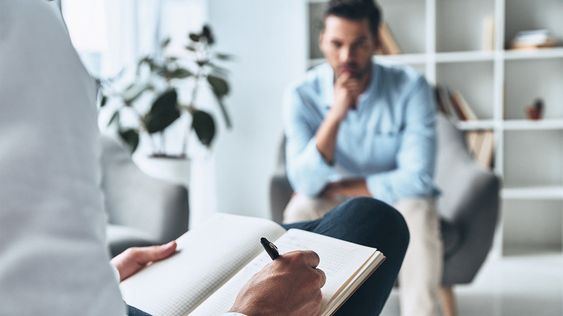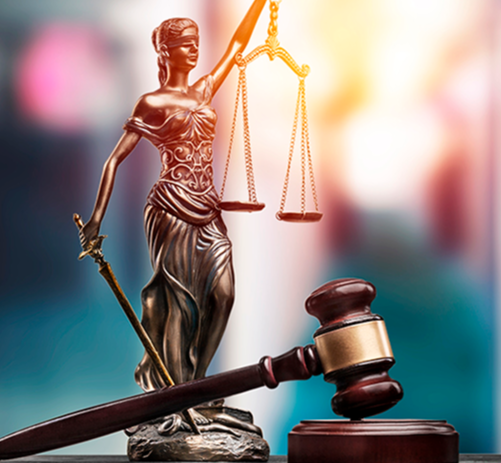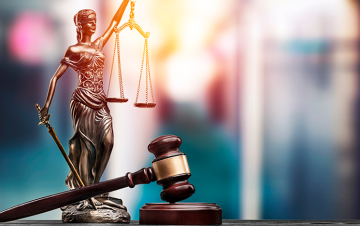Лоер
A lawyer in litigation: protection of dignity and effective representation.
Participation in legal proceedings can be an important stage in the protection of the rights and interests of citizens. A lawyer, as a professional representative of his client, plays a key role in ensuring a fair trial. Let's look at how a lawyer protects dignity and provides effective representation during litigation.
Protection of dignity: A key goal of a lawyer
One of the main functions of a lawyer in legal proceedings is to protect the dignity of his client. The lawyer ensures that all actions of the court and other participants in the process do not violate the rights and dignity of his client. He acts as a voice and advocate for his client, preventing any form of discrimination or injustice.
Effective Representation: The Important Role of the Advocate
Representation of a lawyer in litigation includes a number of key aspects. The lawyer conducts a detailed analysis of the facts and evidence of the case in order to prepare for the effective representation of his client in court. He formulates a defense strategy, develops arguments and responds to any requests from the court and the opposing party.
Participation in the trial: The key to successful representation
Participation in a court hearing is one of the most important stages of a lawyer's representation. He represents his client in court, argues his position and defends his rights during the examination of witnesses and presentation of the arguments of the opposing side. A lawyer actively protects the rights and interests of his client, ensuring a fair trial.Removal of arrest and other protective measures
The removal of the arrest is one of the key measures of protection that can be used by a lawyer to secure the interests of his client. Arrest, as a restriction of the freedom of a person suspected or accused of committing a crime, can significantly affect a person's life and activities. Therefore, a lawyer, acting in the interests of his client, can apply to the court for the removal of the arrest.
The lawyer argues for the need to lift the arrest, referring to the lack of sufficient grounds for keeping the suspect in custody. He can prove the illegality or unreasonableness of the application of a preventive measure by presenting evidence and arguments that support the assertion of the suspect's innocence or absence of a threat of escape.
In addition to lifting the arrest, the lawyer can take other protective measures, in particular, demand additional research or examinations to clarify the circumstances of the case. He can file appeals against court decisions that, in his opinion, were made in violation of the law or were unreasonable. In addition, a lawyer may use other legal means of protection, such as filing motions, evidentiary measures, and other procedural actions to achieve the maximum possible protection of the rights and interests of his client.
All of these safeguards are intended to ensure a fair trial and protect the rights of the person affected by the litigation. Careful and competent application of these measures allows lawyers to ensure effective protection of the rights of their clients and helps ensure fairness in court proceedings.
Conclusion
The participation of a lawyer in legal proceedings is an important stage in ensuring justice and protecting the rights of citizens. He ensures the protection of his client's dignity and provides effective representation, ensuring a fair trial and protecting the rights and interests of his client before the court.




































